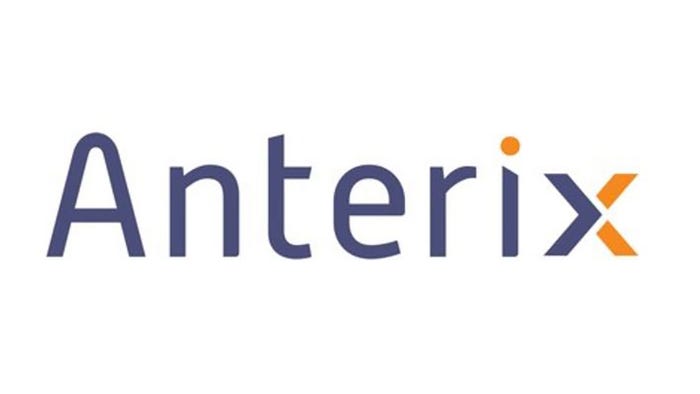FirstNet Authority releases new details about impact of Nashville explosion on broadband systemFirstNet Authority releases new details about impact of Nashville explosion on broadband system

Public-safety subscribers to FirstNet responding to the Dec. 25 massive explosion near the AT&T network hub in Nashville experienced a four-hour outage when some services were not rerouted prior to deployable cell sites becoming operational at the scene, according to a FirstNet Authority blog.
Released Friday evening, the FirstNet Authority blog reiterated several facts previously released by AT&T—the FirstNet Authority’s contractor to build and maintain the nationwide public-safety broadband network (NPSBN)—about the incident attributed to explosives detonating in a recreational vehicle parked in front of the building. Notably, the FirstNet Authority stated that backup battery power kept the system on the air for hours after the blast.
However, the FirstNet Authority blog noted a failure to reroute all service and provided more precise information about the length of the outage.
“Based upon initial analysis, it appears the FirstNet network infrastructure was not directly impacted by the explosion, and service continued operating on temporary battery power in the hours immediately following the event,” the FirstNet Authority blog states. “However, because the bomb destroyed two local water mains, backup power generators were flooded and inoperable, and there was insufficient time to reroute all services before backup batteries were exhausted …
“FirstNet deployable assets arrived on the scene less than five hours after the blast, and local FirstNet services were restored within four hours after batteries were exhausted, supporting multiple agencies that were responding to the events on the ground. These assets function like self-contained mobile cell towers and link to FirstNet via satellite, providing service to first responders as well as other authorized users.”
While the FirstNet Authority blog does provide a more precise timeline for the outage in the Nashville area, it does not address the length of reported outages in other locations, such as in other parts of Tennessee and in the state of Alabama. Numerous reports indicate that the Nashville explosion impacted the cell services of carriers other than AT&T and FirstNet.
FirstNet Authority officials are “in close contact with AT&T,” and an “in-depth review of how the network performed during this extraordinary attack” is underway, according to the blog. Information from this effort could help shape policies regarding FirstNet in the future, according to FirstNet Authority board Chair Tip Osterthaler.
“The purpose of FirstNet is to provide connectivity to first responders regardless of conditions or circumstances, and that places a heavy burden on the Authority and AT&T—the service provider—to deliver the most resilient network achievable,” Osterthaler states in the blog. “As we absorb the lessons learned from this attack, we will adjust our risk-management and investment strategies as appropriate to deal with the changing threat environment.
“We are thankful that the only fatality from the bomb was apparently the bomber, and we are also thankful for the first responders, utility crews, and AT&T personnel who rushed to the scene on Christmas morning in order to protect lives and property and restore services.”
Congress created the FirstNet Authority in 2012, providing the organization—an independent authority within the National Telecommunications and Information Administration (NTIA)—with 20 MHz of 700 MHz D Block spectrum, $7 billion in funding, and a mandate that the FirstNet system must be financially self-sustaining.
Although most industry analysts estimated that a new nationwide LTE network would cost more than $50 billion to build, the FirstNet Authority effectively assured its financial security by signing its contract with AT&T in March 2017 after completing a procurement process.
The 25-year deal provides AT&T with access to the 20 MHz of prime 700 MHz spectrum licensed to the FirstNet Authority as well as potentially $6.5 billion—paid in phases, as AT&T meets network-deployment benchmarks—in funds generated from FCC spectrum auctions several years ago.
In return, AT&T is responsible for building and maintaining the NPSBN and making annual payments totaling $18 billion to the FirstNet Authority over the 25-year period of the contract. Of this $18 billion in AT&T payments, about $3 billion is expected to fund FirstNet Authority operations, and about $15 billion is slated to fund enhancements to the FirstNet system.
Terms of the contract between the FirstNet Authority and AT&T have not been made public—and they are not required to be available, according to the 2012 law. As such, it is not immediately clear what entity—the FirstNet Authority, AT&T or a combination—would be responsible for funding any network-resiliency enhancements necessary to harden the FirstNet system to a greater degree in the future, based on initial responses to inquiries from IWCE’s Urgent Communications on the matter.





